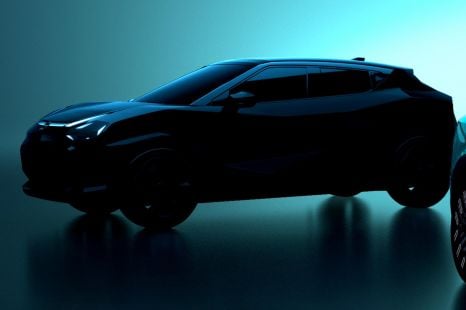

Damion Smy
Nissan Juke EV will use Leaf platform, due in 2026 - report
11 Hours Ago
Volkswagen is the latest automaker to sell up and leave the Russian market, with its factory and distributor now in local hands.

Journalist
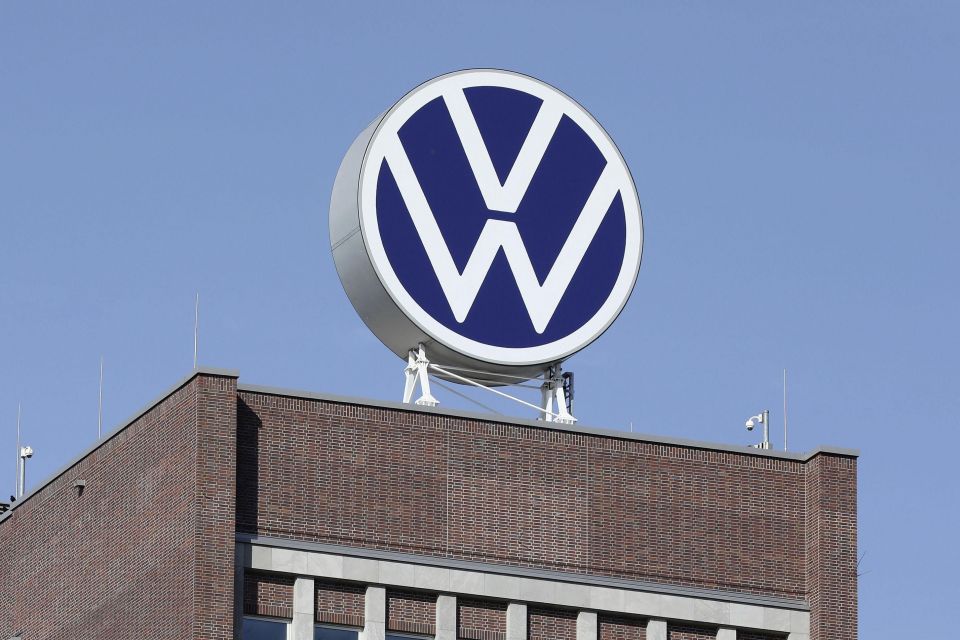

Journalist
The Volkswagen Group has engineered an exit from Russia, following in the footsteps of Renault, Ford and Mercedes-Benz.
In a statement issued late last week, Volkswagen said it had gained Russian government approval for the sale of its “production facilities in Kaluga, the importer structure (distribution and after-sales business) and the warehousing and financial services activities with all its associated employees” to a company known as Art-Finance, which is backed by Avilon, a Russian car dealership network.
While many of its rivals sold their businesses to local investors for a token rouble ($0.02), albeit with buyback clauses, sources told Reuters Art-Finance and Avilon have paid €125 million ($203 million) for Volkswagen’s Russian assets.
It’s unclear whether Volkswagen’s sale includes a buyback provision, nor do we know what vehicles Art-Finance plans to produce and distribute.
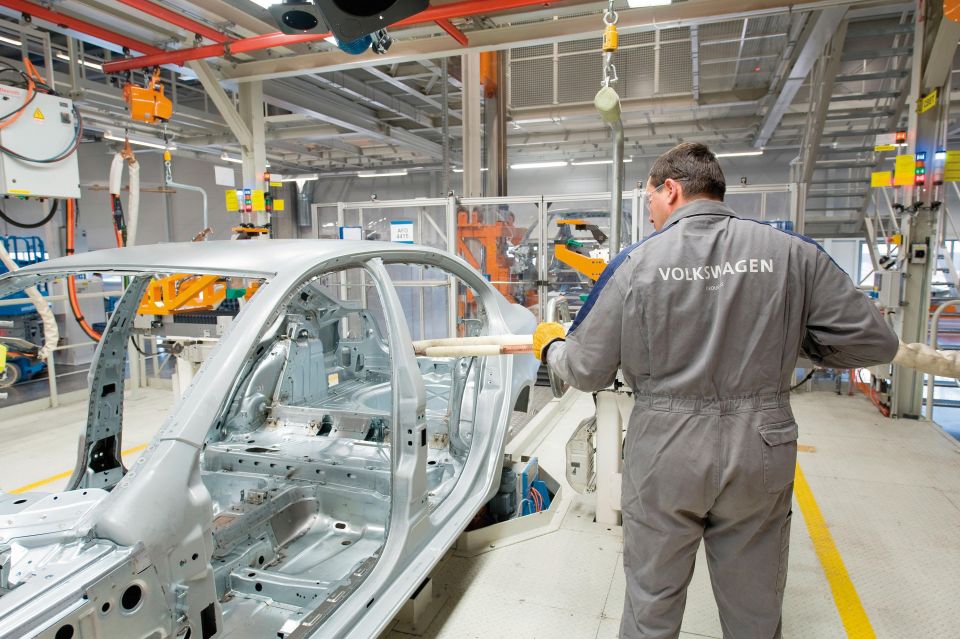
At its peak, Volkswagen’s Kaluga factory had an annual production capacity of 225,000 cars, and employed over 4000 people.
It produced a number of vehicles for the Volkswagen and Skoda brands, including a unique Polo liftback based on the Skoda Rapid.
The factory has been largely dormant since March 2022, not long after Russia invaded Ukraine. Russia was then hit with sanctions and cut off from the global banking system, breaking critical supply chains and limiting demand.
In addition to Kaluga, Volkswagen Group vehicles were also produced in Nizhny Novgorod at a factory operated by local automaker GAZ. The German automaker suspended contract production at Nizhny Novgorod after the Russian invasion.
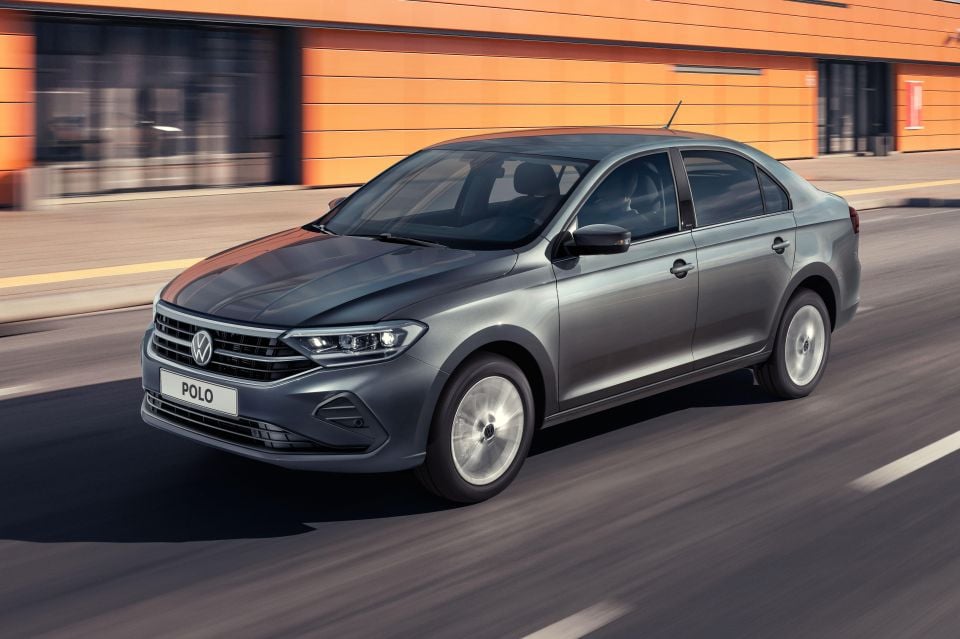
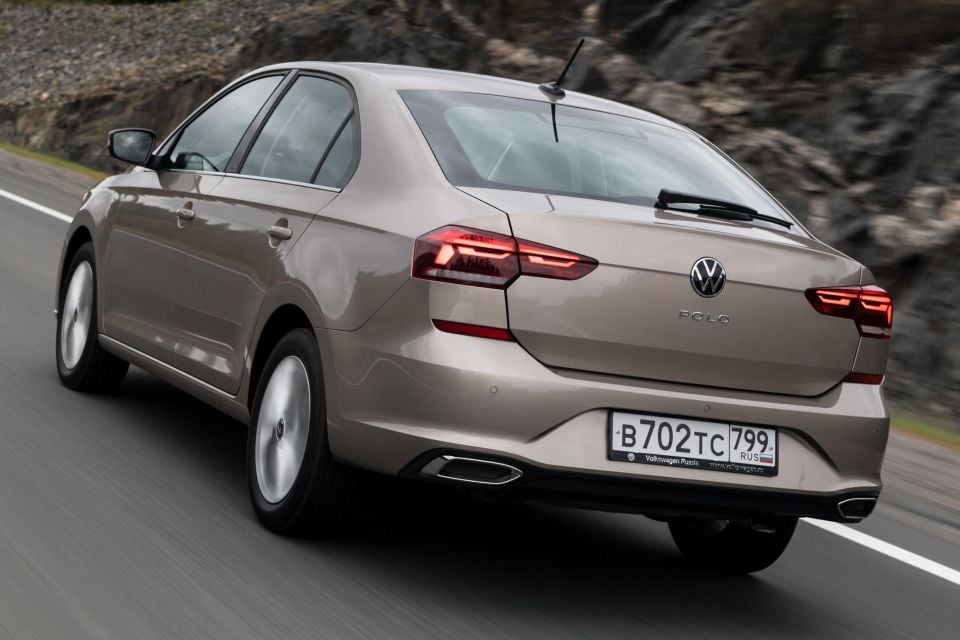
Lada — formerly owned by Renault, but now part of Russia’s Central Research and Development Automobile and Engine Institute (NAMI) — managed to restart production in mid-2022, but it had to leave out features, such as airbags, infotainment, ABS, and air conditioning.
With local new manufacturing operating at a fraction of its pre-war days, reports indicate Russians are turning to Chinese new cars, as well as used imports.
Derek Fung would love to tell you about his multiple degrees, but he's too busy writing up some news right now. In his spare time Derek loves chasing automotive rabbits down the hole. Based in New York, New York, Derek loves to travel and is very much a window not an aisle person.


Damion Smy
11 Hours Ago
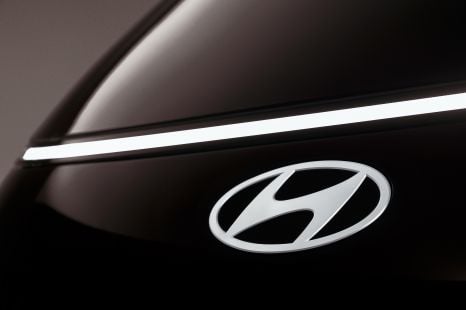

Damion Smy
14 Hours Ago
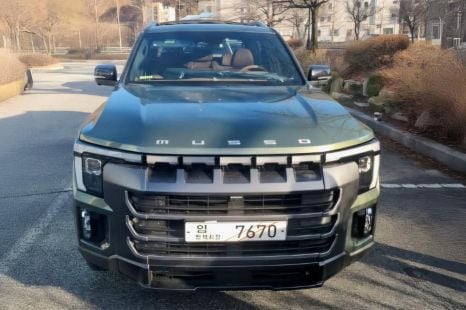

Damion Smy
17 Hours Ago
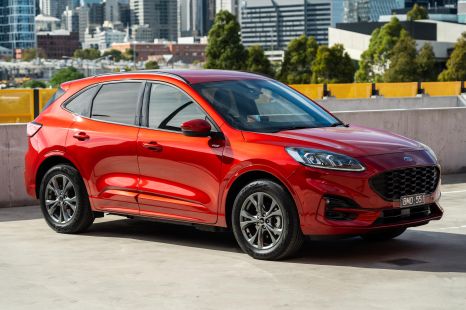

Damion Smy
19 Hours Ago
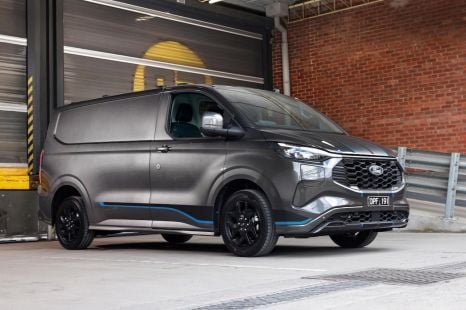

Damion Smy
19 Hours Ago
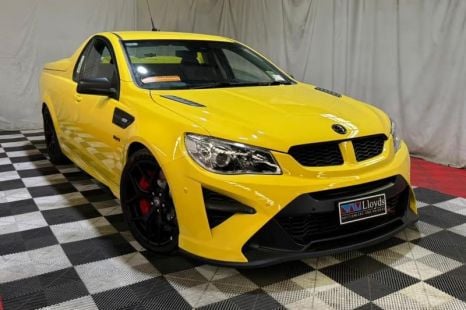

Damion Smy
20 Hours Ago